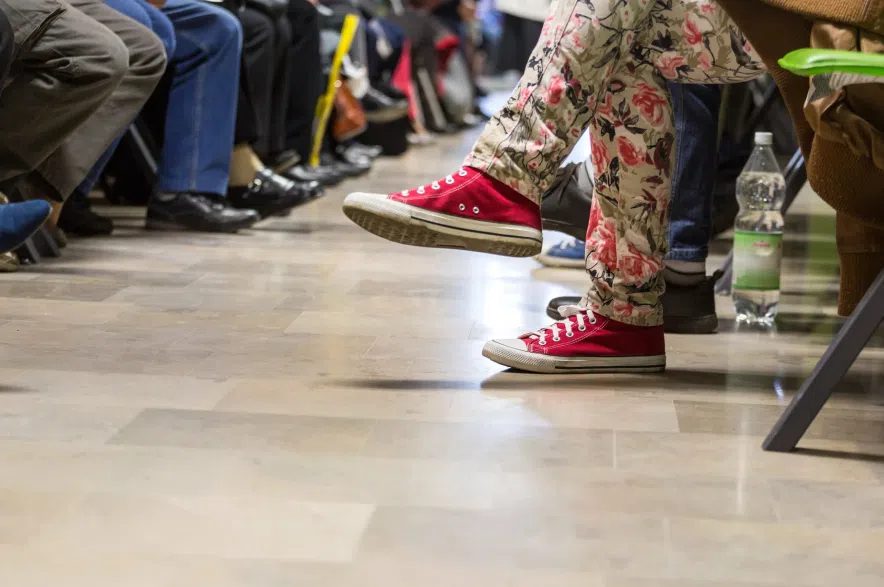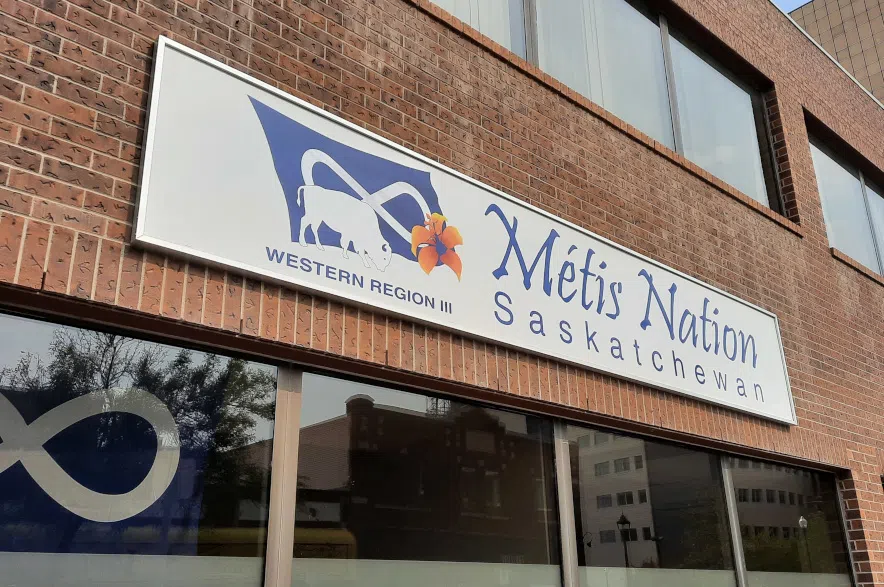Métis Nation–Saskatchewan (MN-S) has declared a state of emergency in addressing issues like addiction and gang violence.
On Thursday, the MN-S said it was looking for help from the provincial and Canadian governments in addressing matters, and creating a treatment facility near Batoche.
Read more:
- Métis Nation-Sask. takes legal action over historic northwest land claim
- ‘Blessed and thankful’: Batoche opens doors to Saskatchewan wildfire evacuees
MN-S justice minister Brennan Merasty said these problems have presented an “ever-increasing” crisis in Métis communities over the years.
“It’s right in the forefront in all our communities, from urban centres to now (be) more visible in everyday life in small, northern and rural communities,” Merasty told CJME.
As a recovering addict himself, Merasty said he understands the challenges associated with getting help.
“No matter how long you are sober or free from drugs, life still comes at you. So it’s about learning how to manage it, how to work through it, how to handle it right and not overreact and not want to turn back and cope,” he said.
Merasty said he got help through being grounded in traditional Metis teachings, which helped him move forward positively.

Berley Fullerton, the mental health and addictions minister for the Métis Nation–Saskatchewan, said hospital emergency rooms are filled with folks who are actually not seeking medical attention. (eunikas / Depositphotos.com)
Fentanyl, meth a growing problem
The issue is also close to Berley Fullerton, the mental health and addictions minister for the Métis Nation–Saskatchewan. Fullerton said she was also a recovering addict.
“Watching our kin and our communities really start to struggle, and it becoming more visible over the years. It’s now to a point where it’s not hidden,” Fullerton said.
Fullerton said the use of fentanyl and meth has increased over the last five years.
“Our young youth are starting to get involved, we’re seeing elders sleeping on benches, our hospital emergency rooms are filled with folks who are actually not seeking medical attention,” Fullerton said.
“We have people sleeping outside of banks. People’s health … is just going down so fast it’s hard to ignore anymore.”
Fullerton said racism and discrimination against Métis people is also very visible.
Through her own experiences, Fullerton said short-term, Band-Aid solutions aren’t going to cut it.
“We look at the colonial institutions, we look at the treatment centres, we look at the wait-list, we look at the barriers to access these services — we just cannot sit by and let that keep happening,” Fullerton said.
“We have a responsibility in our roles: to address these issues and do everything that we can to bring that change to our citizens and our communities.”
Fullerton and Merasty are seeking culturally-rooted programs to deal with the root causes of issues of violence and addiction.
Merasty said this approach was what enabled him to overcome his issues and establish a firm sense of identity.
Province will work with Métis leaders
Saskatchewan’s Ministry of Health said it shares the Métis Nation–Saskatchewan’s desire for expanded access to addiction treatment in the province, and is looking forward to working with Métis leaders.
In an emailed statement, the ministry added that it would also look to expand “culturally appropriate” care options for members of First Nations and Métis people.
“Our government is currently engaged in a procurement process to add new treatment spaces across the entire alcohol and drug treatment continuum through a fair and transparent process,” the statement read.
“This is being done as part of our Action Plan for Mental Health and Addictions’ commitment to add 500 new addictions treatment spaces to the Saskatchewan health care system by the year 2028.
“This will more than double the total number of publicly-funded addictions treatment spaces available in our province. Two hundred eighty-one of these spaces are already operational, including those done in partnership with Poundmaker’s Lodge in North Battleford, the Onion Lake Cree Nation and Muskwa Lake Wellness Camp near Pinehouse.”
Read more:











